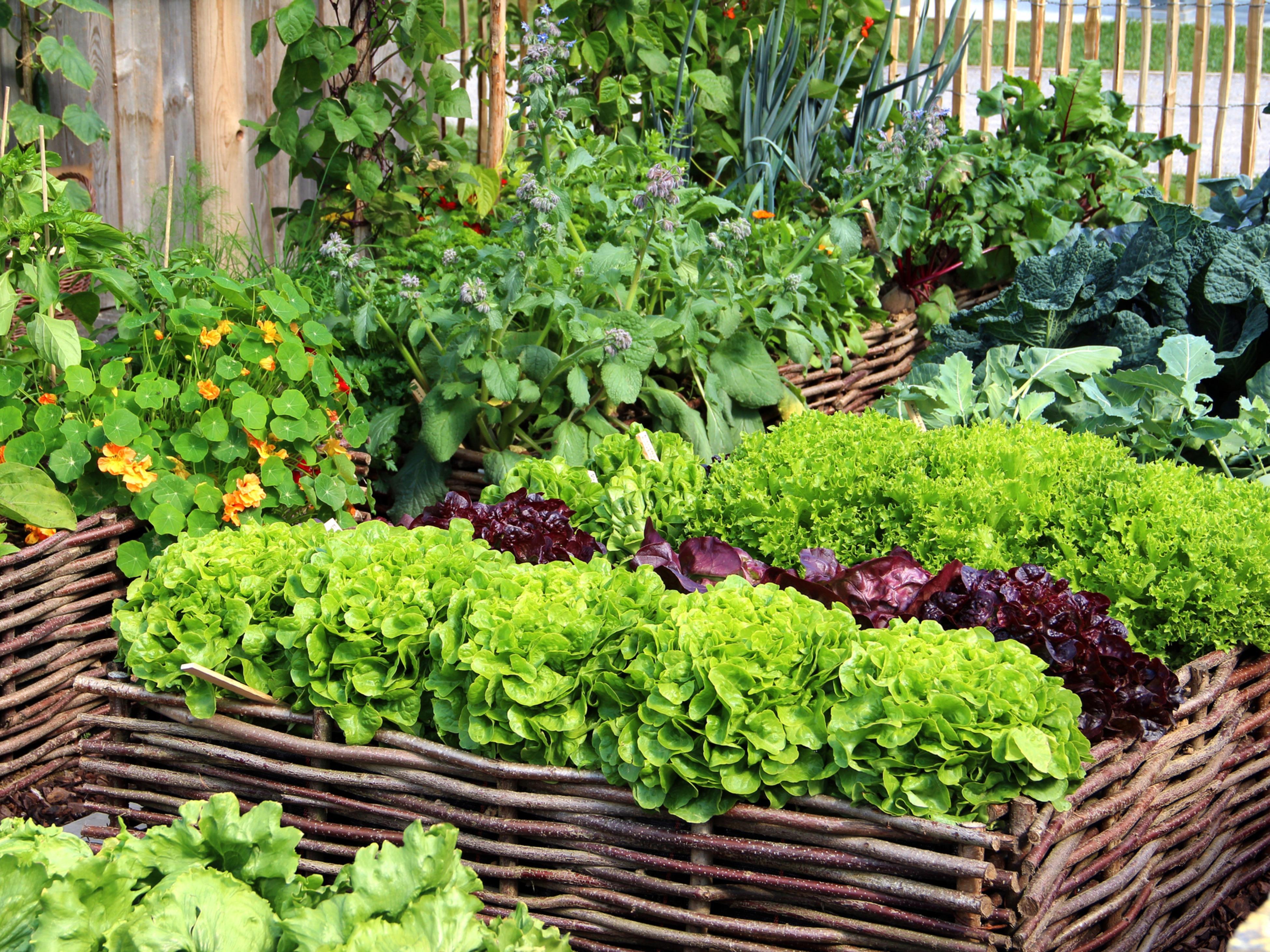7 Proven Strategies to Protect Your Vegetable Garden from Pests in Victoria, BC
Protect your vegetable garden and enjoy a productive growing season
Victoria, BC, offers an ideal climate for growing a variety of vegetables, but the region’s mild and damp conditions also attract a range of garden pests. These pests can quickly damage your crops, leading to frustration and reduced harvests. Fortunately, with proactive measures, you can protect your vegetable garden and enjoy a productive growing season.
Here are 7 ways to protect your vegetable garden from pests in Victoria, BC, and keep your plants healthy and thriving.
1. Maintain a Clean and Tidy Garden
Pests thrive in environments with plenty of hiding spots and food sources. A clean garden minimizes their opportunities to establish themselves.
Tips:
- Regularly remove weeds, dead leaves, and other debris that can harbor pests.
- Clear away any fallen fruits or vegetables that might attract insects or rodents.
- Avoid overcrowding plants, which can create humid conditions that pests and diseases love.
2. Use Physical Barriers
Physical barriers are an effective and eco-friendly way to keep pests away from your vegetables.
Tips:
- Row Covers: Lightweight row covers can protect plants from flying pests like cabbage moths and aphids while still allowing sunlight and rain to pass through.
- Netting: Use fine mesh netting to prevent access by birds, caterpillars, and larger insects.
- Collars: Place cardboard or plastic collars around the base of plants to deter cutworms and other ground-dwelling pests.
- Raised Beds: Elevated garden beds can reduce access for slugs, snails, and some crawling insects.
3. Encourage Beneficial Insects
Not all bugs are bad—many insects act as natural predators to common garden pests.
Tips:
- Plant flowers like marigolds, alyssum, and yarrow to attract ladybugs, lacewings, and other beneficial insects.
- Avoid using broad-spectrum pesticides that can harm helpful insects.
- Create habitats for pollinators and predatory insects, such as a small insect hotel or native flower bed.
4. Apply Natural and Organic Pest Controls
Organic pest control methods are safe for your vegetables, pets, and the environment while effectively managing pests.
Tips:
- Neem Oil: Spray neem oil on plants to deter aphids, whiteflies, and spider mites.
- Diatomaceous Earth: Sprinkle diatomaceous earth around the base of plants to deter slugs, snails, and crawling insects.
- Homemade Sprays: Use solutions made from garlic, chili, or soap to repel pests like aphids and caterpillars.
- Hand Removal: Pick larger pests like caterpillars or beetles by hand during early morning or evening inspections.
5. Practice Companion Planting
Companion planting can naturally repel pests and protect vulnerable crops by using the benefits of neighboring plants.
Tips:
- Plant marigolds near vegetables to repel nematodes and aphids.
- Use basil and chives near tomatoes to deter whiteflies and improve flavor.
- Add garlic or onions around carrots and lettuce to discourage carrot flies and aphids.
- Grow nasturtiums as a sacrificial crop to attract pests away from your main vegetables.
6. Monitor Your Garden Regularly
Frequent inspections help you catch pest problems early before they become significant issues.
Tips:
- Check the undersides of leaves for pests or eggs, which are common hiding spots.
- Look for signs of damage, such as chewed leaves, discoloration, or holes.
- Use sticky traps to monitor for flying insects like whiteflies or thrips.
- Remove infested leaves or plants promptly to prevent the spread of pests.
7. Protect Your Soil and Roots
Healthy soil leads to strong plants, which are better equipped to resist pest attacks.
Tips:
- Add organic matter like compost or manure to your soil to improve fertility and structure.
- Use mulch to retain moisture, regulate soil temperature, and reduce pest-friendly weeds.
- Rotate crops annually to prevent pests and diseases from building up in the soil.
- Avoid overwatering, which can create conditions that attract slugs, snails, and fungal gnats.
Bonus Tips for Pest Protection
- Water Strategically: Water your garden early in the morning so the foliage dries quickly, reducing the risk of fungal diseases.
- Install Traps: Use beer traps for slugs or sticky traps for flying insects to reduce their populations.
- Bird Deterrents: Install reflective tape, wind chimes, or decoy predators to scare away birds that eat your crops.
Conclusion
Protecting your vegetable garden from pests in Victoria, BC, requires a combination of prevention, monitoring, and natural pest control strategies. By maintaining a clean garden, encouraging beneficial insects, and using physical barriers, you can safeguard your vegetables and enjoy a healthy, productive harvest.
For expert assistance with pest management or garden care, Ascent Yard Care offers professional vegetable garden maintenance services in Victoria, BC. Contact us today to keep your garden pest-free and thriving!

